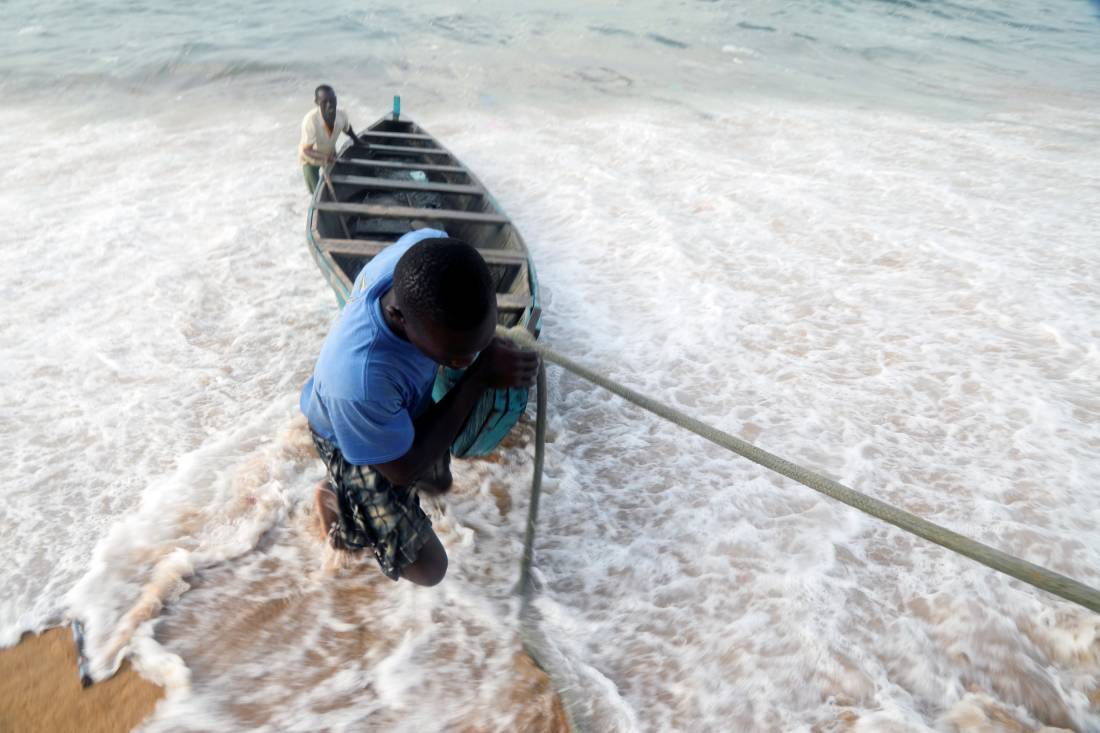Social science for climate action
CLIMATE WORK is everywhere. From the vegetables we consume, our daily commute, to our identities, values and often-subconscious moral intuitions, everything we do and are has some bearing on carbon being emitted into the atmosphere, and whether we do something about it. Thus, as Geographer Harriet Bulkeley puts it, climate work goes from ‘the design of supermarket refrigerators to the economy of supply chains’.

When it comes to tropical small-scale fisheries in coastal communities—the focus of much of my work—it is more obvious that climate change has become an ever-shifting backdrop against which people chart their livelihoods. People describe changed seasons, huge king tides, hotter days, and unpredictable winds. Yet for many people, climate change is not the only—or even the main—concern of the day. Climate solutions and climate adaptation have to fit into a messy jumble of day-to-day complexities about getting food on the table, children’s futures, about identities and heritages of fishing lives, changing ways of governing resources, and the myriad other reasons people do what they do in different places.
Social science helps understand this tangle, and open up spaces, processes and ideas to navigate ‘the matter and ethics of different kinds of futures’. Social sciences—and I cast the blanket wide—seek to understand how we live, and how we change. And what is climate work if not an effort to transform bits and pieces of our world? Social science has shown us that technical solutions are never neutral, identities like gender and class shape vulnerabilities, and that pathways to alternative or diversified agricultural livelihoods are often not straightforward. The social sciences can help ‘to open up the spaces of possibility for action and to generate new capacities for doing so’.
The RAID Activation month got me thinking about these spaces. I’ve been reading about morals, moral framings, the multiple—often contested—moralities at play in big decisions about climate. I’ve been musing on what studies from the behavioural and social sciences can tell us about how people, communities, groups and societies understand and react to climate change from with socially embedded moral systems. What can these insights tell us about hitherto unseen opportunities and barriers for farmers, fishers and communities to transform their livelihoods as climate change unfolds?
So where to from here?
The RAID activation month guided me to think about what’s beyond the academic box. It prompted me realise that trusted voices aren’t always loud, but instead considered and congruent, and that they can be cultivated. I learned that showing up at the right time, place, with the right people (or person) matters… and that you’ve got to know what you’re trying to do before you can figure out what ‘right’ means. So, my research will keep bringing social science and understandings of morality to bear on coastal systems and the stuff of day-to-day life in fishing livelihoods and fisheries futures, but now, I have the tools to pivot how I articulate new insights, to whom, and when, in ways that open up new possibilities to act on climate change across international agricultural spheres.


